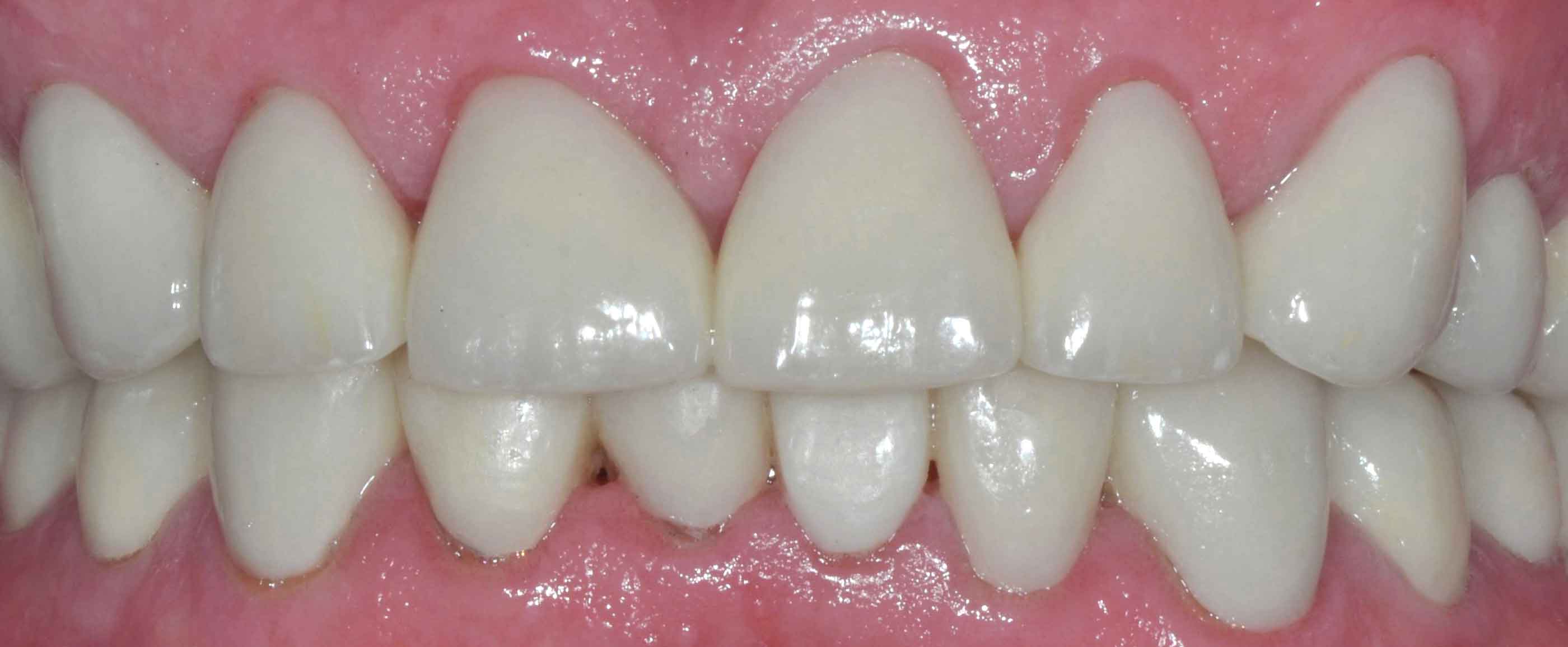To Buy Antabuse Online Visit Our Pharmacy ↓
 Unlocking the Potential of Antabuse: a Path to Lasting Recovery
Unlocking the Potential of Antabuse: a Path to Lasting Recovery
an Introduction Antabuse, also known by its generic name disulfiram, is a medication that is commonly prescribed to individuals struggling with alcohol addiction. It is primarily used as a deterrent to drinking by creating unpleasant physical effects when alcohol is consumed. Antabuse works by blocking the enzyme responsible for metabolizing alcohol, leading to the accumulation of toxic byproducts in the body, resulting in symptoms such as nausea, vomiting, and flushing. By inducing these aversive reactions, Antabuse aims to create a negative association with alcohol, discouraging individuals from consuming it. Antabuse is often used as part of a comprehensive treatment plan that includes therapy and support to address the underlying issues contributing to alcohol addiction. In combination with counseling, it has shown promising results in helping individuals maintain sobriety in the long run. However, it is important to note that Antabuse should only be taken under the supervision of a healthcare professional, as it can have potentially severe side effects if used improperly or with certain medications. Understanding the role and potential of Antabuse is crucial in unlocking its full potential as a tool for lasting recovery.
Disulfiram's Mechanism and Effects
Disulfiram, sold under the brand name Antabuse, is a medication used to support recovery from alcoholism by creating an unpleasant physical reaction when alcohol is consumed. The mechanism of action of Antabuse involves inhibiting the enzyme aldehyde dehydrogenase, which plays a crucial role in the metabolism of alcohol. When alcohol is consumed while taking Antabuse, acetaldehyde builds up in the body, leading to a range of uncomfortable symptoms, such as nausea, vomiting, flushing, and headache. These adverse effects act as a deterrent, preventing individuals from consuming alcohol while on Antabuse. By creating a negative association with alcohol, Antabuse aims to help individuals maintain sobriety and avoid relapse. This medication is most effective when used as part of a comprehensive treatment plan that includes therapy and support. While Antabuse may not be suitable for everyone, it has shown promising results in helping individuals achieve lasting recovery from alcohol addiction.
Real-life Success Stories with Antabuse
Antabuse, also known as disulfiram, has proven to be a valuable tool in the treatment of alcohol addiction. Many individuals struggling with alcoholism have found success in their recovery journey through the use of Antabuse. By blocking the enzyme responsible for metabolizing alcohol, Antabuse creates a negative physical reaction when alcohol is consumed, discouraging the individual from drinking. This medication has been praised for its ability to provide a strong deterrent against relapse. Real-life success stories with Antabuse highlight the effectiveness of this medication in helping individuals maintain sobriety. These stories showcase how Antabuse can provide the extra support needed to break free from the grip of alcohol addiction and live a healthier, more fulfilling life.
Combining Antabuse with Therapy for Enhanced Results
Combining Antabuse with therapy can provide enhanced results for individuals seeking lasting recovery. Antabuse, also known as disulfiram, is a medication used to treat alcoholism by creating unpleasant side effects when alcohol is consumed. While Antabuse helps individuals resist the temptation to drink, therapy plays a crucial role in addressing the underlying issues and root causes of addiction.By combining Antabuse with therapy, individuals have the opportunity to develop coping mechanisms, learn healthier ways to manage stress, and address any mental health concerns that may contribute to alcohol addiction. Therapy can provide a supportive and understanding environment where individuals can explore their emotions, thoughts, and behaviors surrounding alcohol use.Additionally, therapy can help individuals identify triggers and develop strategies to prevent relapse. By working with a therapist, individuals can gain insight into their addictive patterns, develop healthier habits, and build a strong foundation for long-term recovery. Combining Antabuse with therapy offers a comprehensive approach to addiction treatment, increasing the chances of achieving lasting recovery.
Potential Side Effects and Precautions
Antabuse, also known as disulfiram, is a medication used to support individuals in their journey towards sobriety. Although it can be effective in helping people avoid drinking by causing unpleasant physical reactions, it is important to be aware of the potential side effects and precautions associated with its use. Common side effects of Antabuse include nausea, vomiting, headache, and drowsiness. In some cases, more severe side effects such as liver problems, mental/mood changes, or allergic reactions may occur. Therefore, it is crucial to inform healthcare professionals about any medical conditions or allergies before starting the treatment. Additionally, it is imperative to avoid consuming alcohol in any form while taking Antabuse, as it can lead to serious health complications. Overall, understanding the potential side effects and taking necessary precautions is vital to ensure the safe and effective use of Antabuse in addiction recovery.
Unlocking Long-term Recovery with Antabuse
Antabuse, also known as disulfiram, is an effective medication for treating alcohol addiction. However, like any medication, it comes with potential side effects and precautions that need to be considered. Common side effects of Antabuse include drowsiness, fatigue, headache, and acne. In rare cases, more severe side effects such as liver damage, cardiovascular problems, and mental health issues can occur. It is important for individuals taking Antabuse to be aware of these potential side effects and consult their healthcare provider if any occur. Additionally, certain precautions should be taken while using Antabuse. It is crucial to avoid any form of alcohol, including alcohol-containing products like mouthwash and certain medications. Combining alcohol with Antabuse can lead to a disulfiram reaction, which can cause symptoms such as nausea, vomiting, headaches, and flushing. Adherence to these precautions alongside regular communication with a healthcare professional can help individuals optimize the use of Antabuse for successful recovery.
https://chesapeakeadd.com/wp-content/themes/primer/inc/customizer/php/symbicort.html https://blackmenheal.org/wp-content/languages/new/us/symbicort.html https://www.changeyourhealth.com/wp-content/themes/consultstreet/inc/customizer/php/symbicort.html




